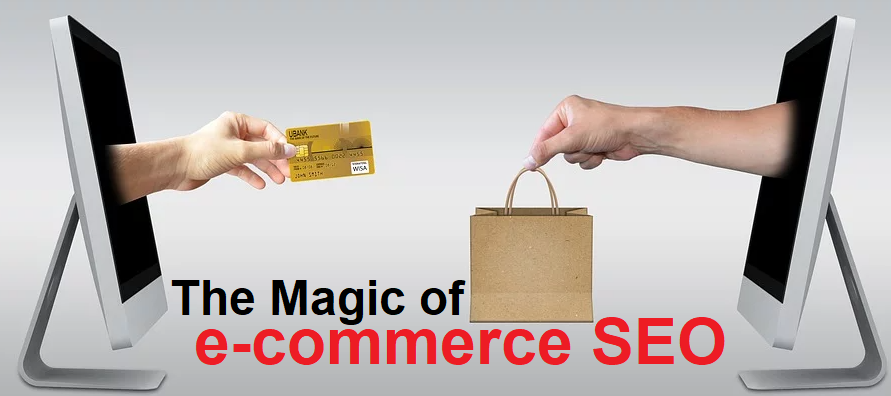Table of Contents
In a nutshell, e-commerce SEO is about bringing organic traffic to your online shop to potentially boost sales. Of course, you want bigger profit from your online shop, and ads are not the only tool that brings customers to an online shopping platform. SEO does wonders as well.
This is why you should learn SEO, and how it plays big roles for online shops. Learn about its benefits, as well as the basic things to know for you to begin using it. Or, you can simply find a reliable e-commerce solution company to start boosting your online shop in no time.
What is E-Commerce SEO, to Begin with?

For starters, SEO is about bringing a site or page up the ranks of Google search engine results pages (SERPs). SERPs are the part of Google which shows results when users make searches.
But when people search on Google, they usually stay on the first page, and rarely digs through the second or deeper pages. This is why it’s important to put your e-commerce website on the first page. It means having more chances of more people seeing your contents, so more people would go to your site.
That’s how SEO delivers more traffic to your website, and potentially more sales. You don’t need to pay for ads in gaining such natural traffic as well. This is what organic traffic means.
But how does e-commerce SEO work?
Learning the 3 Basic Parts of E-Commerce SEO
Implementing SEO strategy on a website requires careful planning, as well as knowing the vital SEO techniques to use. And to boost an e-commerce business towards success, SEO for an online shopping site should include these 3 parts:
1. Usage of Efficient E-Commerce SEO Keywords
Keyword is one of the main driving gears of any SEO variation. This is because it’s the fundamental bridge which links a user to search results and to websites.
When a person searches on Google, the search engine will show results depending on the keywords such a person uses. Or, Google will show results close and associated with it.
This makes using the right and best keywords important for any online shopping sites. You should look for keywords which your target audience often use, but have less competition rates. A keyword planning tool such as the Google Keyword Planner can help you.
Then, pepper these quality keywords all over your site and pages properly.
2. E-Commerce SEO also Demands Efficient Site Structure
After gathering the best keywords, be sure to plan the structure of your site as well. This means carefully crafting your site so users won’t have a hard time navigating it. You should not have a lot of inconveniences when adding or removing product classifications too. A reliable e-commerce solution provider can better explain this to you, but it all boils down to making potential customers want to stay.
Also, you should know which pages on your site to index and optimize. Indexing is about telling Google such a page is relevant, so it should make it rank on SERPs. With all the product pages on your online shop, indexing and optimizing them all is impractical. It can even hurt your SEO.
And E-Commerce SEO also Values Onsite Signals
Onsite SEO means boosting your site so it would rank up the SERPs. It includes making Google recognize your site, as well as making it look credible and great for actual users.
Think of customizing URLs, creating lengthy contents to reduce thin pages, applying social media sharing widgets, as well as optimizing the use of tags among other steps. These make your site efficient and convenient— both for the bots of Google and real people visiting your online shop.
Take Advantage of E-Commerce SEO Now!
Generating more organic traffic to your site means bringing more real people who can make actual purchases. This makes e-commerce SEO an essential technique to implement, and is surely worth investing upon.

